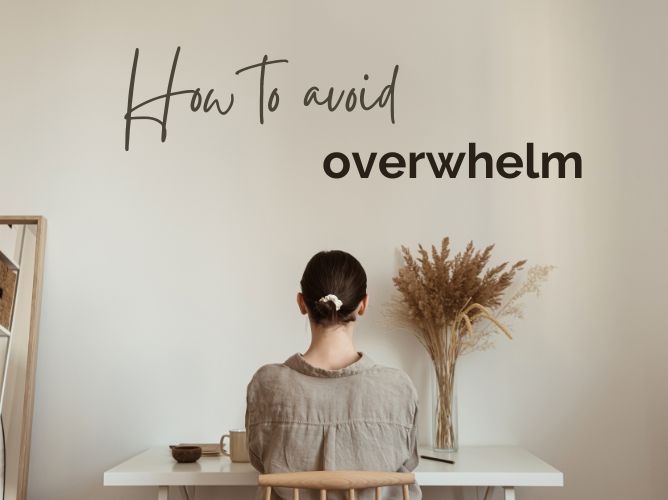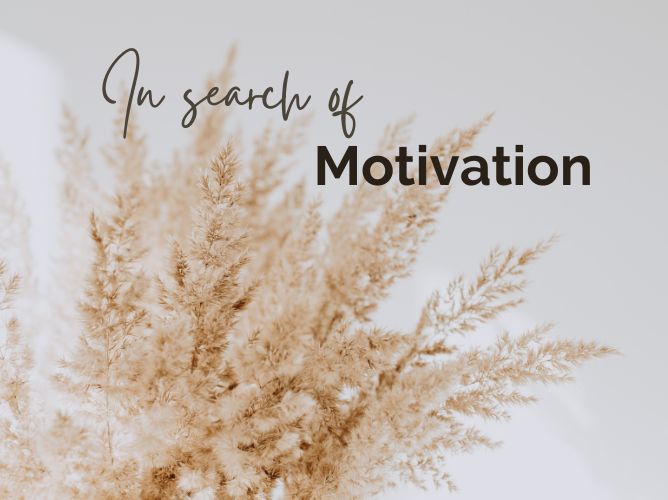A couple of weeks ago, AWS (Amazon Web Services) CloudU invited me for a panel discussion – the topic was Building Personal Brand. The audience comprised mainly of IT systems engineers, and the big question they posed to me was:
How does one go about building a personal brand?
Let’s start to answer that question by first laying down a loose definition of that notion we call “brand”. Amazon’s big ‘boss’, Jeff Bezos famously said:
“Your brand is what people say about you when you’re not in the room.”
What a great line, and it’s something we may conceptually understand about having a brand, but the nuts and bolts of how we go about building that brand is often hazy at best.
What I’m about to share in this dispatch is my take on building one’s brand systematically – I’ve boiled down several weeks’ worth of coaching/training into just a single post. Let’s see how we go.
I’ve fleshed out my talking points from the panel discussion, so they make sense in a ‘reading’ medium instead of me standing in front of a room full of people.
Personal branding for me is about, and for, the people I seek to serve so that they can find me, remember me, and remember my service in order to get the help they need to build their brand and fulfil their mission in life, thereby creating a virtuous cycle.
When you hear the term personal branding, some of you may immediately think of bright, gregarious, in-your-face kind of characters—those totally over-the-top stand-out-from-the-crowd people who can promote anything and everything. If you link that idea directly to self-promotion, it may make you feel uneasy about the whole concept of a personal brand. It does for me. All kinds of icky feelings come up!
We have so many emotional hang-ups and judgements around the concept of personal branding and around the idea of building a brand for ourselves, and that often stops people from advancing in their chosen vocations and growing their businesses.
Brand building at its core isn’t complicated. And it is quite systematic, which is something you may find as quite a relief. I know I did!
First of all, Personal Branding isn’t about self-promotion.
It’s about presenting who you are and what you do so clearly and consistently that people become aware of you. Your brand makes it easy for them to give you the right opportunity, thereby helping them to tell a story that they can be proud of. It’s about them – not really about you at all.
After that, you’ll need to ask another question. Is it okay for me to build a brand? This is what I call an ecological question – is it good for the people around me and for me as well? We may well believe the answer will have to be a simple yes. Not so fast. I would like to invite you to think more deeply about this.
It is possible that your current place in life, either physically, psychologically or both (whether at work or at home), isn’t conducive to building a brand.
You may think it’s going to be great for you to build a brand, grow your reputation, get promoted and make lots more money but it isn’t as simple as that. Sometimes people have a fear of judgement from others, and subconsciously they may worry that an important person/people in their life may think less of them. Or they may feel that the result they end up creating might make an important someone’s opinion invalid. For example, someone important in their life always told them, in one way or another, that they were a loser. And deep down, they bought into that story entirely without realising it. In such an instance, it is doubtful that they’d do anything to make themselves a ‘winner’ in any sense. And they’re left to wonder why they never win at anything.
This is an area more significant than most people realise, and it can hamper your personal growth, which is insidious. Before anything, we need to identify those psychological blocks and get rid of them.
From there, the next logical step is to find out more about yourself – this is where you learn what to leverage (your strengths) and what to work on (your liabilities) if you decide to do so.
In business, there’s a thing called “staff your liabilities”. For example, you hire someone to do your bookkeeping because you don’t enjoy doing it and you’re not good at it. In the context of personal branding, you’ll probably want to identify and improve your weaker skills. For example, you might invest some time and money to improve your interpersonal skills to understand better and interact with, and everyone’s different behavioural styles (which most people commonly think of as personality traits).
Next, you want to find out how others see you by asking people for feedback. By the way, you need to ask the right set of people. Don’t ask your mom and dad, boyfriend or girlfriend or your other family members. They know ‘too much’ about you, especially if any of them changed your diapers when you were a baby. You need a group of people who would give you honest and supportive feedback from your professional network. They would have your best interests at heart, and they’ll have your back. Don’t listen to your mother saying, ‘Why are you going out wearing that?’.
The next important question is a what & whom question. When it comes to your work and niche, you need to know the change you seek to make, and the people you seek to serve. Often, people ask me what I mean by ‘change’. Here’s an example. I prepare a speech on brand building, knowing that most people have different ideas about personal branding. The change I seek to make by speaking in a room full of people is to give people a different perspective and potentially enable them to pursue the kind of brand building they can do by using what I’m sharing. In other words, we are all making change. And as a result of that change-making, someone benefits from our effort. Here’s another question. Do you think that the beneficiaries of your work are somewhat hidden from you? I challenge you to dig deeper to find out who might be benefiting from your work and put as much meaning around that as possible. It’s critical to do this because it frees us from the incessant chatter of the ‘who do you think you are’, aka ‘imposter’, syndrome.
It can also help immensely when the voice in your head keeps repeating ‘what would they think/say about me if I do this & that’. It is worth repeating this: it’s not about you. It’s about the work (with all the meaning you could give) and about the people you seek to serve.
The last area, and what most people are excited to talk about, is your Personal Branding assets: a collection of tactical elements. These are important, but too many people make the mistake of going straight to this aspect of brand building without any of the prior work that I mentioned earlier.
When I say assets, they cover your personal style, the colours you wear, the tone of your language, your mode/s of communication and the social media channel/s you use. Almost everything that is shown externally can be your branding assets. They are essential because branding works well when your brand assets are consistent. So when you get to this point, you’ll need to find something that you can stick to. You’ll want to calibrate from the earlier steps – what you found out about yourself and how others see you. Everything should match or gel together, so there is no discord between how you want to be seen, how others see you, and how you present yourself and your brand to the world. If you need to make any adjustments in your current baseline, you would do so in the context of the ‘What & for Whom’ questions and your answers to them.
And this is where I would ask the question, how do you want to be seen. I urge you to go beyond ‘looking professional’ because if you’re reading this, it’s more than probable that you’re already a pro. You can go about answering ‘how you want to be seen’ and start building your Personal Brand by asking the series of questions I laid out in this post.
Borrowing words from my ‘teacher’, Seth Godin, I would like to end this post by asking you to:
Stop being so selfish* (worried about other people’s judgement, potential criticism and succumbing to your inner critic) and hiding behind some belief that you don’t need brand building. I urge you to become more generous* (for the people you seek to serve) about your work, find meaning in what you do and find out more about the people you want to serve.
Finally, the key to building a strong brand is to be consistent with all of the above so that you get to create your own virtuous cycle.
*The concept of being selfish vs generous is what I borrowed from Seth Godin.








